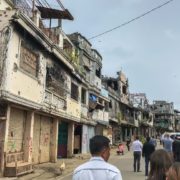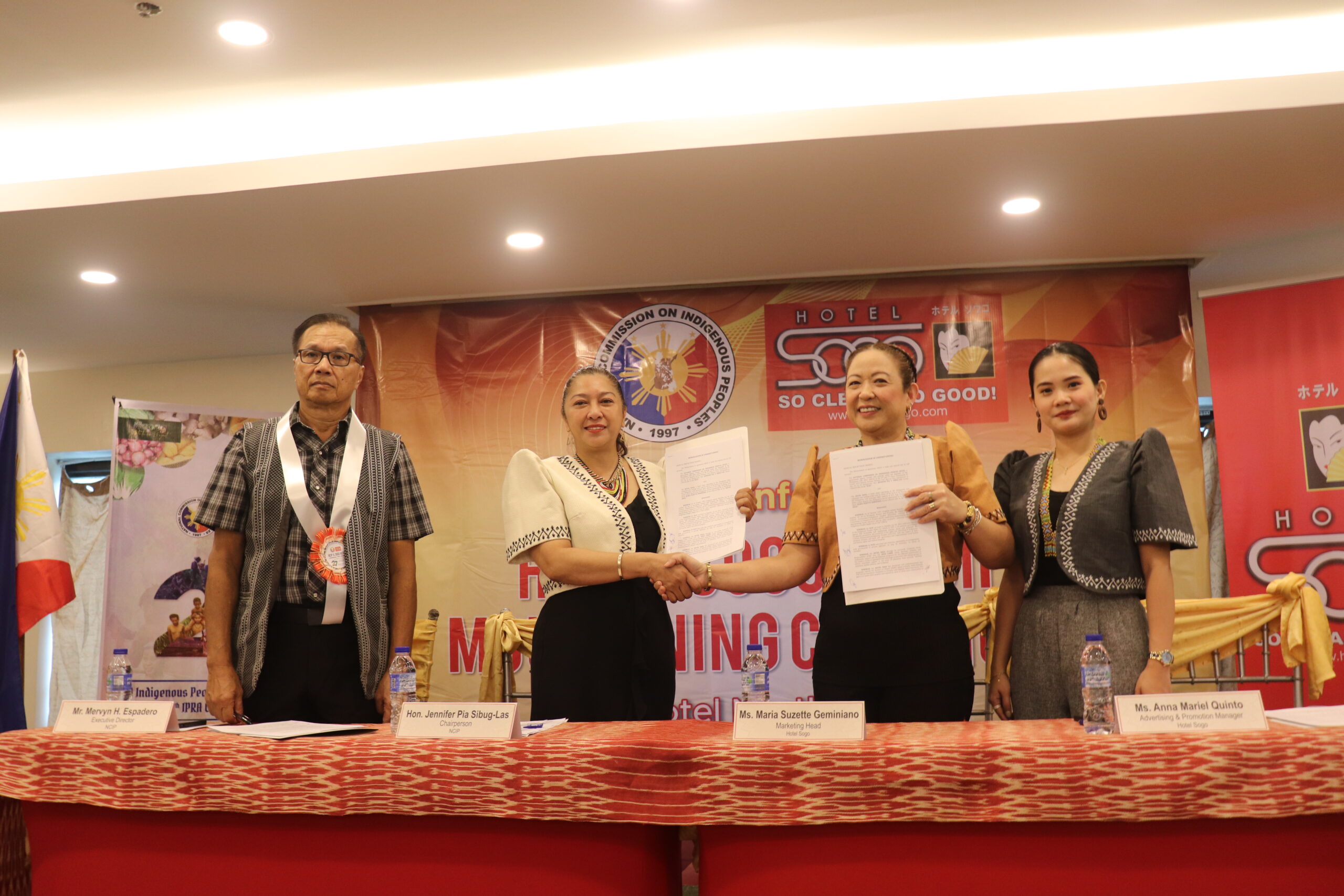
MANILA, PHILIPPINES (14 December 2018) — The Asian Development Bank (ADB) approved today a $408 million financing package to assist the government in rebuilding and rehabilitating the southern Philippine city of Marawi and help residents regain their livelihoods.
The Emergency Assistance for Reconstruction and Recovery of Marawi package includes a $300 million quick disbursing loan to finance selected programs, projects, and activities under the government’s Bangon Marawi Comprehensive Rehabilitation and Recovery Program covering local governance and peacebuilding, housing and settlement, business and livelihood, and social services.
A second loan of $100 million will finance the reconstruction and rehabilitation by the Department of Public Works and Highways of damaged infrastructure in the city, including about 25 kilometers of roads and 1,700 meters of bridges and viaducts. The infrastructure will be built back better, climate resilient, and will incorporate gender-responsive and inclusive physical design features to enable safe use by women, children, elderly, and people with disabilities.
Many internally displaced people (IDPs) are slowly returning to Marawi and surrounding municipalities after the five-month siege in 2017. The delivery of basic utilities, social services, and educational resources for children of IDPs have yet to catch up with the needs of residents.
ADB Vice-President Mr. Stephen Groff led a team of ADB staff on a visit to Marawi City in November 2018 to meet with local officials, residents of a transitional shelter, and students at a temporary school, and to see firsthand the damage in the city center.
“In my interaction with residents of Marawi, they expressed their desire for a better future for their children. We hope that through this new ADB loan and grants package, we can help transform Marawi into a thriving economic center in southern Philippines, where people live in peace and prosperity,” Mr. Groff said.
In addition to the loans, ADB will provide $8 million in grants to restore and rehabilitate water supply systems in 19 barangays (villages). A portion of the grants will also construct local health units with facilities that meet or exceed national standards, procure mobile medical clinics, scale up emergency employment programs and livelihood programs, and deliver primary education in IDP communities.
“With the government’s recovery plan in place, it’s essential that we quickly implement and roll out the programs. It’s important to focus on helping young Maranaos regain a sense of normalcy in a safe learning environment, which they are longing for,” said ADB Country Director for the Philippines Mr. Kelly Bird. “A key component of our grants assistance will equip temporary learning places with better equipment and resources. We will also provide them with culturally sensitive psycho-social support and peace education.”
Mr. Bird said the mobile health facilities will be deployed to areas where IDPs reside to ensure easy access to primary care.
The financing package follows the technical and advisory support ADB delivered to the government, including the post-conflict damage and needs assessment completed by the Task Force Bangon Marawi, the Office of Civil Defense, the National Economic and Development Authority, and other development partners in December 2017.
ADB’s support to Marawi’s rebuilding is aligned with its new Country Partnership Strategy, under which up to $1 billion in development assistance is set to be prepared from 2018 to 2021 to address poverty and income inequality in Mindanao.
ADB is committed to achieving a prosperous, inclusive, resilient, and sustainable Asia and the Pacific, while sustaining its efforts to eradicate extreme poverty. Established in 1966, it is owned by 67 members—48 from the region. In 2017, ADB operations totaled $32.2 billion, including $11.9 billion in cofinancing.
–
This article was first published by the Asian Development Bank (www.adb.org).




